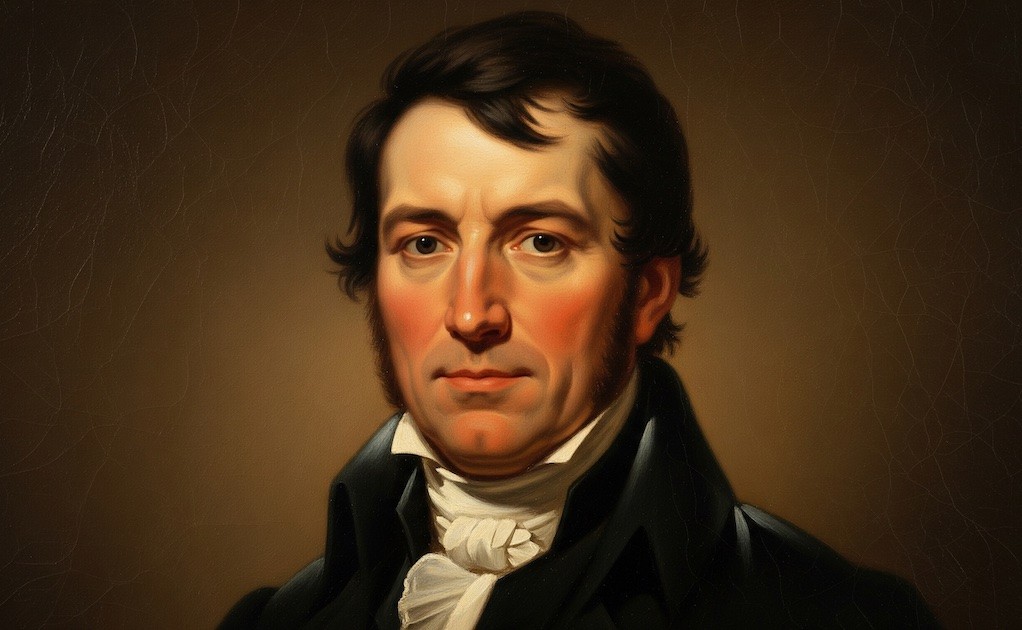A humorous story was once reported in a publication called The Sonshine Bulletin. It seems that a groom wanted to surprise his bride on their wedding day, so he arranged with the bakery to have a Bible verse inscribed on the cake. He chose 1 John 4:18, "There is no fear in love; but perfect love casteth out fear: because fear hath torment. He that feareth is not made perfect in love."
But the baker, not being familiar with the Bible, got the verse wrong and on the day of his wedding the groom was surprised to find the cake inscribed with John 4:18, which read: "For thou hast had five husbands; and he whom thou now hast is not thy husband: in that saidst thou truly." We wish we could have been on hand to report how that embarrassing situation was resolved!
Who among us has never had some sort of problem with getting the message straight? I remember all too well an incident that occurred when I was a young Christian, probably about seventeen years old. I went on our church bus with another person to pick up various people for church on a Sunday morning. I remember a dear senior citizen, Mrs. Rhodes, who rode the bus to come to the morning service. She and I were talking on the bus this particular morning when she informed me that her children had bought her a nice birthday present recently--a smoking pipe! Now, anyone who remembers those old church busses and how loud they could be will understand perfectly how the message could be garbled when we had to nearly shout in order to be heard in that noisy vehicle. I looked at her oddly and thought to myself, "A smoking pipe?!" When she questioned my strange response to her story of the birthday present and heard my reply, she looked at me in shock and replied, “A smoking pipe? I said they got me a Scofield Bible!” Well, that clarified the situation a lot. I had not gotten the story straight!
Many times people express oddly misunderstood sentiments when they try to make a perfectly innocent point but in an unclear manner. Haven’t we all said something that was either poorly stated or misunderstood from time to time? This can serve as a gentle reminder for us to be clear in presenting the Gospel story to others. It is so easy to misconstrue a beautiful message such as the story of the cross into something we never intended. And we must be sure to not only get the message straight, but also to complete it. Salvation doesn’t end at the cross. Thank God it was continued at the empty tomb! This is the message that the lost world needs to hear – clearly expressed and accurately applied.
The story is told how that after the battle of Waterloo in 1815, all of Britain and its allies were anxiously awaiting word of who had won the battle – their forces under the Duke of Wellington or the French forces under Napoleon Bonaparte. Somehow, it seems that an enterprising engineer had contrived to spell out the details of the battle’s results by shining a spotlight upon the night clouds over one portion of England. This way the battle results could be accurately conveyed to the anxious patriots who were waiting for word of their fate. It is said that when the message of the battle’s results were received, the engineer hurriedly spelled out the letters on his early, crude spotlight and sent the message blazing against the night sky against the lowering clouds. A large number of people recoiled in horror at the two words that appeared to their anxious gaze: Wellington defeated! Their response was one of anguish and horror at what this would mean to their lives and the lives of their soldier relatives. However, as Paul Harvey would say, there was the rest of the story. It seems that the message had been sent before the correct copy of it could be spelled out. Quickly, to the people’s immense relief, one word was added that changed everything: Wellington defeated Napoleon! The effect was magical, and the crowd erupted into great cheers, celebrating the victory. They had finally been given the correct message.
May God help us, His people, to get the story straight and send it to a lost and dying world. Sometimes one word, or a more clearly expressed thought, can make the difference between night and day, for time and eternity.




